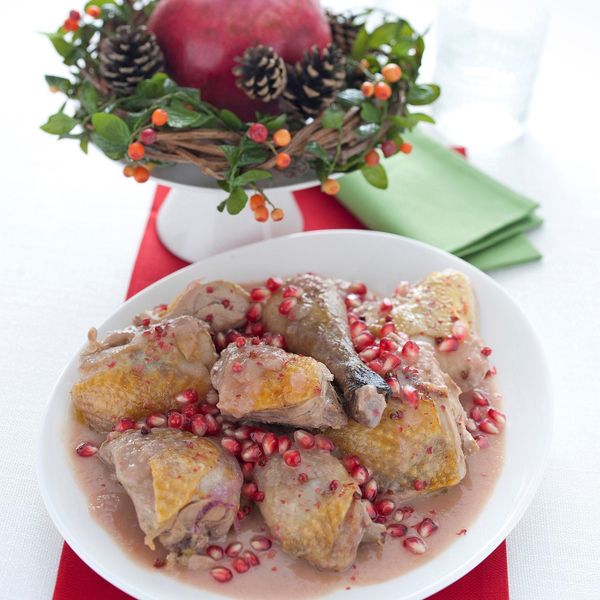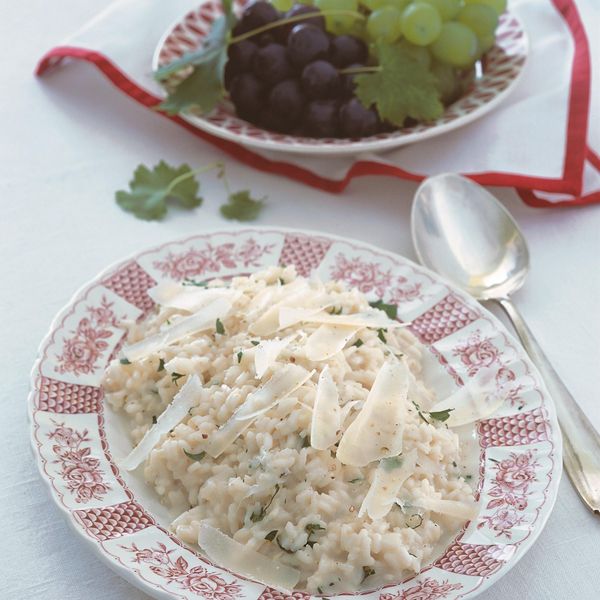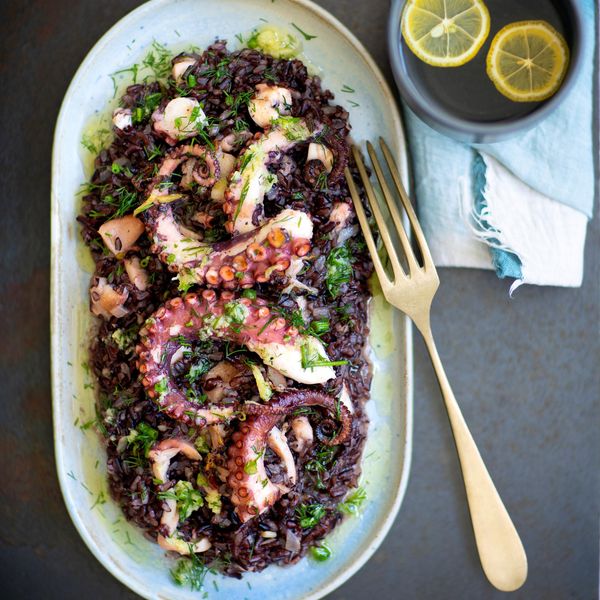
Antiseptic, anti-aging and beneficial for the immune system. Coriander has many properties useful for our health and is perfect for cooking.
Coriander is a tasty herb, belonging to the same family as cumin, dill, fennel and parsley, commonly known as Chinese parsley.
Coriander is an herb as ancient (some traces of it were found in a cave in Israel, dated around 6000 BC), as it is current, because it is versatile in the kitchen and very useful for our health.
In fact, it boasts many healthy substances for our body. First of all, like all aromatic herbs, it contains phytochemicals that are useful for our health.
In its composition, minerals stand out, including in particular iron, potassium, calcium and phosphorus. Also present are carotenoids, with remarkable anti-aging properties. Finally, the concentration of vitamins, such as A, C, K and folate is also important.
But let's dig deeper with Dr. Raffaella Melani, nutritionist biologist, its properties and find out why it is good for our body.
Excellent for counteracting the effects of high temperature cooking
Melani states: "Studies, published in the American Journal of Clinical Nutrition, and Journal of Food Science, suggest that some spices, including coriander, can significantly limit the production of chemicals such as heterocyclic amine (HCA), which is formed when meat is cooked at high temperatures and its presence is associated with a higher risk of cancer. "
Useful against free radicals
Coriander also contains carotenoids, such as beta-carotene and beta-cryptoxanthin, as well as lutein and zeaxanthin. Clarifies the doctor: "together, these compounds act as scavengers and protect against free radicals that play a role in aging and in the pathological processes from which many diseases arise".
Valuable against fungi and bacteria
Indeed, coriander seems to have an antibiotic and antifungal effect. "The prestigious PLOS One magazine has published a paper showing that the essential oil produced from coriander leaves actually has antifungal properties against Candida albicans".
For the proper functioning of the immune system
Coriander also has other properties. Melani adds "Thanks to the vitamin C content it contributes to the regular functioning of the immune system, especially during and after physical activity, protects from oxidative stress and increases iron absorption. Coriander also contains vitamin A, vitamin K and small amounts of folate, and phosphorus which contributes to the maintenance of bones and teeth ".
Beneficial for the prevention of circulatory diseases
Finally, coriander is also a good source of potassium, about 13% of the required daily levels.
Potassium is an important component of cell and body fluids where it helps regulate heart rate and blood pressure, counteracting the harmful effects of sodium. Clarifies the doctor "Today we know that an adequate intake of potassium can help prevent circulatory diseases, such as hypertension, heart disease or stroke".
The only caution, excessive doses should be avoided, because if you overdo it it could cause nervous and kidney disorders.
In the kitchen, to flavor and reduce the amount of salt
Adding cilantro to the stove is a great way to add flavor to a dish or drink without adding excess calories, fat, sugar or sodium.
It is also relatively easy to grow and can thrive in small pots on a sunny windowsill, so you always have a "handful of health" to add to your dishes. Coriander pairs well with many dishes, especially those with beans, cheese, eggs, and fish, and is also great with creamy vegetable sauces or for flavoring salads.






